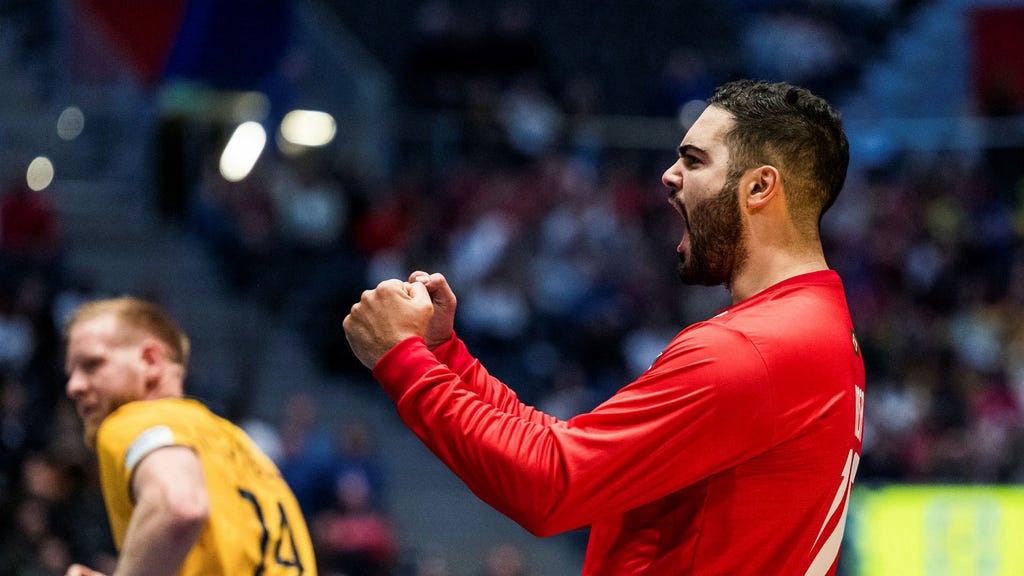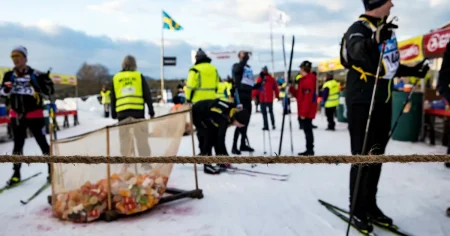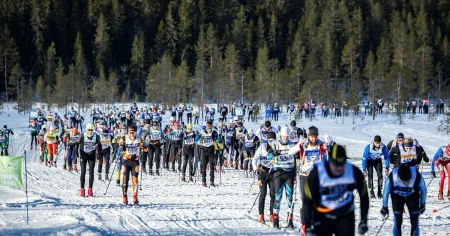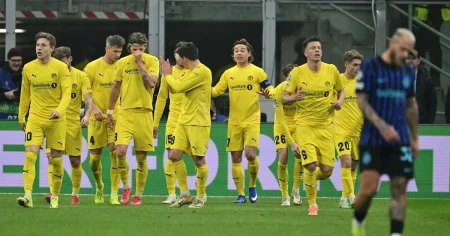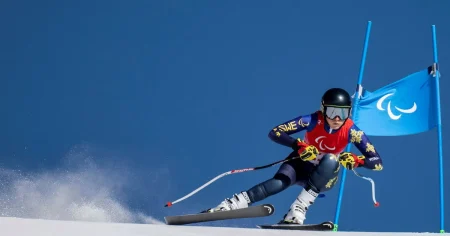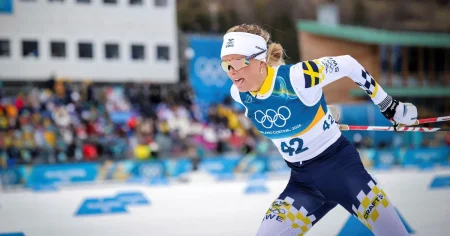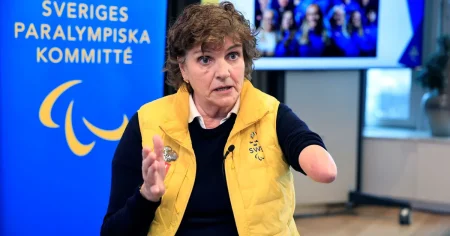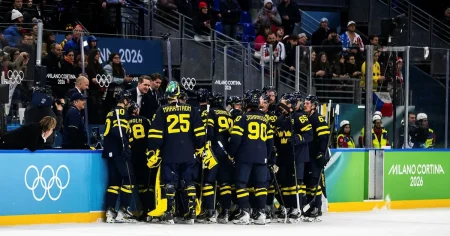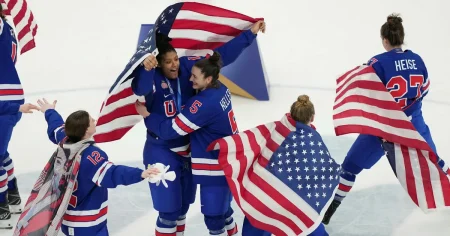Sweden’s handball team faced a critical match against Brazil in the main round of the World Championship, needing a win or a draw to keep their slim hopes of reaching the knockout stage alive. The pressure mounted as Portugal’s victory over Spain earlier in the day meant Sweden’s fate hung precariously in the balance. This match was particularly crucial for Michael Apelgren, who was experiencing his first major championship as the national team’s head coach. Unfortunately, the match unfolded as a disappointing chapter in the team’s World Championship campaign, mirroring the earlier setbacks of the tournament. Brazil’s formidable goalkeeper, Rangel Da Rosa, proved to be the defining factor, thwarting the Swedish attack time and again.
The match began inauspiciously for Sweden, mirroring the struggles they faced against Portugal. Despite switching goalkeepers, bringing in Tobias Thulin alongside Andreas Palicka, the desired improvement failed to materialize. Brazil capitalized on the Swedish woes, racing to a 5-1 lead before Sweden managed to find some rhythm and narrow the gap. Brazil, having evidently done their homework, effectively neutralized Sweden’s right side, stifling their attack and frustrating their efforts to gain control of the game. The situation worsened for Sweden when Felix Möller received a red card for a facial foul on Hugo Monte da Silva, leaving Sweden a man down for the remainder of the match.
Despite a late surge before halftime, which included a saved penalty by Palicka and a last-second goal by Lukas Sandell, Brazil maintained a comfortable 14-9 lead at the break. The halftime analysis focused on Sweden’s deviation from their planned tactics, both offensively and defensively. Jim Gottfridsson, in a halftime interview, highlighted the team’s failure to adhere to their game plan and their lack of aggressiveness in defense, particularly against Brazil’s slower tempo. The hope was to regroup and address these issues in the second half, with 30 minutes remaining to turn the tide.
The second half began with a glimmer of hope for Sweden. Tobias Thulin, now in goal, made several crucial saves, and a Brazilian red card on Hugo Monte de Silva, for a foul on Albin Lagergren, seemed to even the playing field. Lukas Sandell found his stride, and Jim Gottfridsson spearheaded a comeback attempt, bringing the score to 20-19. However, the momentum proved fleeting. Brazil shifted gears, reasserting their dominance and rebuilding their lead to a five-goal margin.
Brazil’s goalkeeper, Rangel Da Rosa, delivered an exceptional performance, saving an impressive 20 of 42 Swedish shots. His near-impenetrable presence in goal consistently frustrated the Swedish attack and ultimately played a decisive role in securing the victory for Brazil. This stellar performance secured Brazil’s advancement to the quarterfinals alongside Portugal, further solidifying their strong showing in the tournament. For Sweden, Da Rosa’s performance highlighted their struggles to find an effective offensive strategy, a recurring theme throughout the championship.
The loss to Brazil sealed Sweden’s fate, eliminating them from contention for the knockout stages. The final match against Norway became essentially meaningless, marking a disappointing end to Sweden’s World Championship campaign and a frustrating debut for coach Michael Apelgren. The tournament exposed weaknesses in both attack and defense, requiring a thorough post-mortem to identify and rectify the issues that plagued the team throughout the competition. The performance raised serious questions about the team’s future direction and the strategies needed to regain their competitive edge on the international stage.





